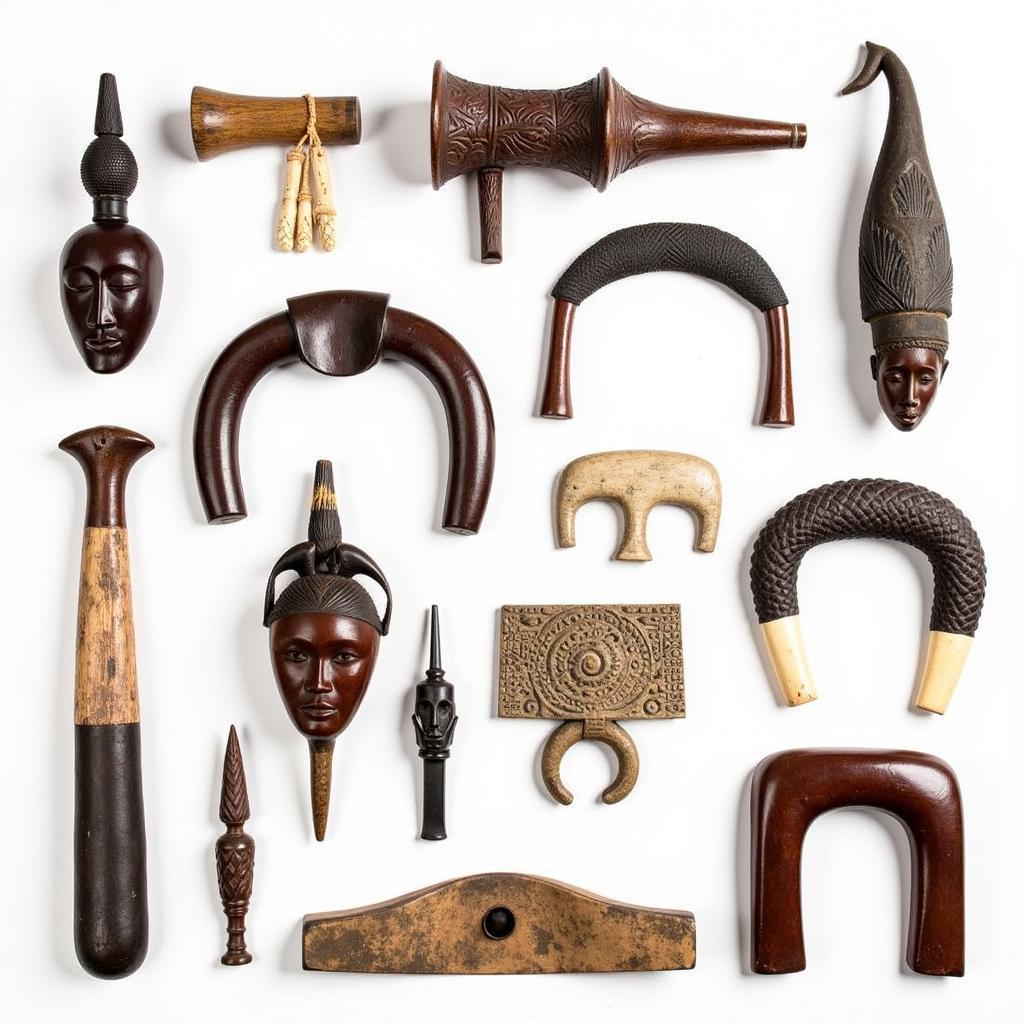Exploring the Vibrant World of African Jungle Birds
The African jungle, a symphony of life and color, is home to a breathtaking array of bird species. From the vibrant plumage of the turacos to the melodious calls of the sunbirds, African jungle birds offer a captivating glimpse into the rich biodiversity of this continent. This article will delve into the fascinating world of these feathered creatures, exploring their diverse habitats, unique adaptations, and the crucial role they play in the delicate balance of the African ecosystem.
A Symphony of Colors: The Diversity of African Jungle Birds
Africa’s jungles, encompassing diverse habitats from dense rainforests to open woodlands, provide a haven for an incredible variety of bird species. Each species has evolved unique adaptations to thrive in its specific niche, from specialized beaks for feeding to vibrant plumage for attracting mates. This section will explore some of the most iconic African jungle birds, highlighting their distinctive features and ecological significance.
The Majestic Crowned Eagle: Apex Predator of the Skies
The crowned eagle, with its powerful talons and piercing gaze, reigns supreme as one of Africa’s most formidable avian predators. This majestic bird of prey preys on a variety of animals, including monkeys and small antelopes, playing a crucial role in regulating the populations of its prey species.
The vibrant turacos, with their iridescent green and red feathers, are a true spectacle of the African jungle. These fruit-eating birds play a vital role in seed dispersal, contributing to the regeneration of the forest ecosystem. Their unique pigments, derived from copper in their diet, give them their characteristic vibrant hues.
The Melodious Calls of the African Jungle: A Symphony of Sounds
The African jungle is not just a visual feast; it’s also a symphony of sounds. From the rhythmic drumming of woodpeckers to the melodious calls of songbirds, the soundscape of the African jungle is a constant reminder of the vibrant life that thrives within it.
Many African jungle birds have developed complex vocalizations for communication, from territorial calls to elaborate courtship displays. These vocalizations play a critical role in their social interactions and survival in the dense jungle environment.
The Importance of Conservation: Protecting African Jungle Birds
The rich biodiversity of the African jungle is under increasing threat from habitat loss, poaching, and climate change. Protecting these fragile ecosystems and the incredible bird species that call them home is crucial for maintaining the ecological balance of the continent.
Challenges and Solutions for Conservation Efforts
Conservation efforts are underway to protect African jungle birds and their habitats, focusing on habitat restoration, anti-poaching initiatives, and community engagement. These efforts are vital for ensuring the long-term survival of these magnificent creatures.
By supporting conservation initiatives and promoting sustainable practices, we can all contribute to the preservation of these incredible birds and the irreplaceable ecosystems they inhabit.
Conclusion
The African jungle, teeming with a dazzling array of bird species, offers a captivating glimpse into the wonders of nature. From the vibrant plumage of the turacos to the majestic crowned eagle, these African jungle birds play an essential role in the intricate web of life that sustains this unique ecosystem. Protecting these birds and their habitats is crucial for ensuring the continued biodiversity of Africa for generations to come.
FAQ
- What is the most common bird found in the African jungle?
- Are there any endangered bird species in the African jungle?
- What are the biggest threats to African jungle birds?
- How can I support conservation efforts for African jungle birds?
- What are some of the most colorful African jungle birds?
- Are there any migratory birds that visit the African jungle?
- What are some interesting facts about African jungle birds?
Need support? Contact us 24/7: Phone: +255768904061, Email: kaka.mag@gmail.com or visit us at Mbarali DC Mawindi, Kangaga, Tanzania.

